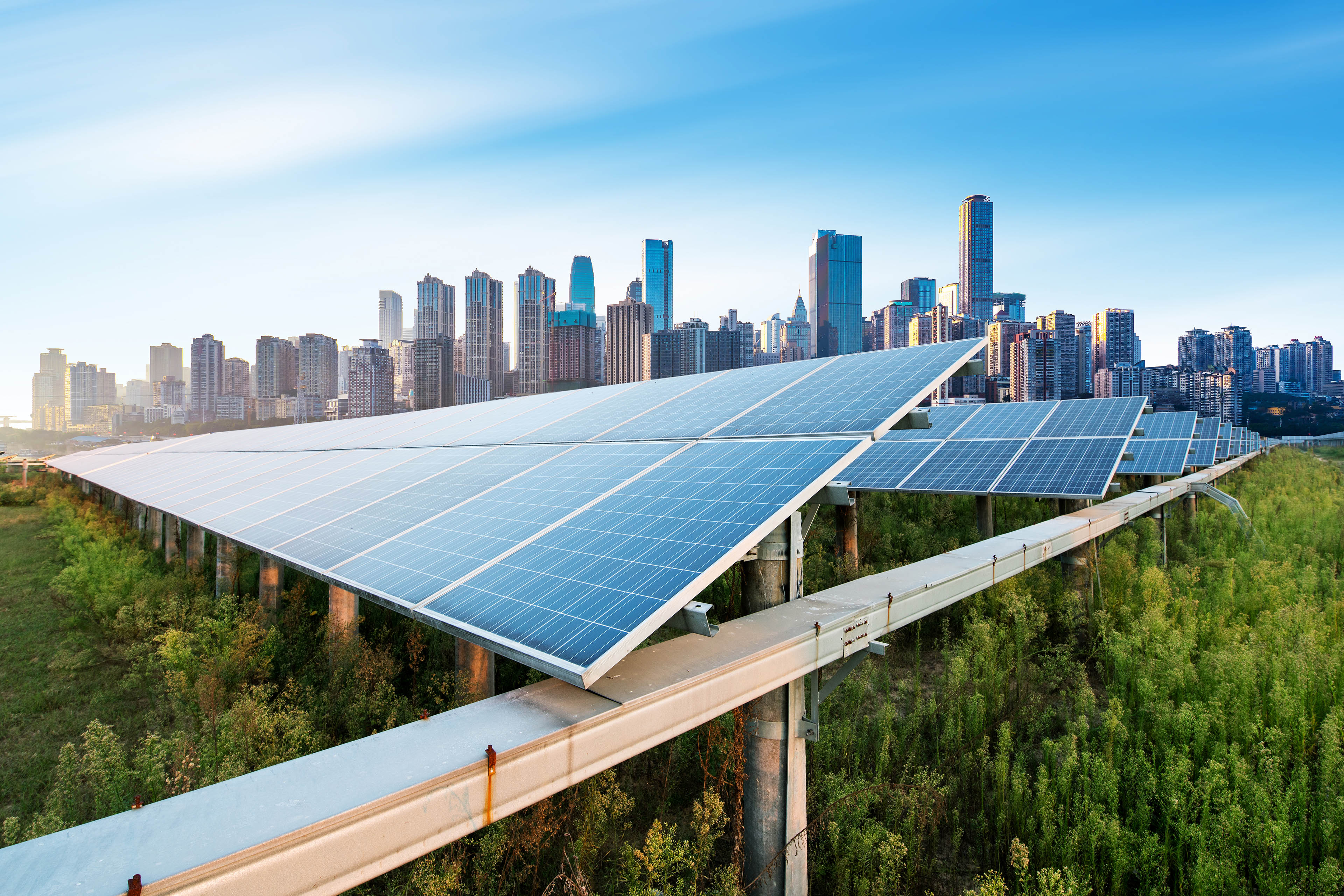EY refers to the global organization, and may refer to one or more, of the member firms of Ernst & Young Global Limited, each of which is a separate legal entity. Ernst & Young Global Limited, a UK company limited by guarantee, does not provide services to clients.
Government shift toward domestic, low-carbon energy could risk global net-zero ambitions – EY research
- US retains top position in Renewable Energy Country Attractiveness Index, but regulatory change risks imbalance in international capital allocation
- Germany overtakes China Mainland in the Index, targeting 80% renewables in its power mix by 2030
- India rises to 6th place in the index in a bid to become a major producer and exporter of green hydrogen
The drive for energy security and a recessionary environment means the renewables industry has never had a better opportunity to accelerate, according to the latest EY Renewable Energy Country Attractiveness Index (RECAI). Interdependent legacy market dynamics are no longer seen as sustainable, while domestically produced, low-cost, low-carbon – and in some cases, low-lead time – energy looks more attractive than ever. The 61st edition reveals that developing policies to encourage the buildout of renewables has risen to the top of many government agendas.
However, the research highlights that government interventions have the potential to cause an imbalance in international capital allocation, and net-zero targets could be missed if localized supply chains are not put in place quickly enough.
Ben Warren, EY Renewables Corporate Finance, and RECAI Chief Editor, says:
“We are seeing signs of a mid-year recession – and given that such an environment typically facilitates spending and incentives for infrastructure projects, a generational opportunity has emerged for the renewables industry to turbo-charge green energy demand more than subsidies have in the past. For larger economies, it could even drive growth through scaling up capacity in the push for energy independence.”
US Inflation Reduction Act changes the game
The US maintains its top position in the Index, supported by the passing of the Inflation Reduction Act (the Act) in August 2022, which earmarks a combined US$369b for investment in energy security and climate change.
Ten months since its passing, this edition of RECAI seeks to explore how capital reallocation is impacting investment opportunities in markets outside the US. Among European politicians and policymakers, there are concerns that the Act is incentivizing developers and manufacturers to locate investments in the US and away from Europe. And similar concerns have emerged elsewhere in the world, with governments examining the impact and formulating their responses at the policy level
Arnaud de Giovanni, EY Global Renewables Leader, says:
“Legislation has sparked a race to the top among international markets eager to boost the competitiveness of their renewables industry. And with investment in green technologies benefitting from an impressive 19% rise last year, testament to the accelerating pace of the energy transition, a unique opportunity has emerged for the industry, worldwide, to double down on efforts to stimulate renewables supply and demand.”
Market highlights: Germany surges, Japan adjusts position, and new contenders emerge
Germany climbs one place to second position in the Index for the first time in a decade, overtaking China Mainland. This is driven by Germany’s efforts to accelerate power market reform, transitioning away from fossil fuels as it pushes to achieve 80% renewables in its power mix by 2030. Currently, it accounts for 46%, up from 41% at the start of 2022.1
Japan has moved down one spot to 10th position, overtaken by the Netherlands which expects to deploy over 800MW of offshore wind by the end of 2023. Other notable markets include Egypt, which has set in motion plans to become a global market leader in wind energy, building on promises set out during its hosting of COP27. And Argentina falls four places to 13th position, with further investment in grid infrastructure required to meet its renewable growth targets.
India seeks to become a major producer and exporter of green hydrogen
India has moved ahead of Australia, climbing one place to 6th position in the Index, boasting the fastest rate of renewable electricity growth of any major economy.
India’s renewables industry is growing rapidly, with solar leading the transition. In 2022, solar accounted for 63GW of the market’s total 163GW renewables capacity, followed by renewable hydropower, at 47GW, and wind power, at 42GW.2 Solar – which is expected to continue to play a dominant role in India’s energy mix – and wind, however, are closely associated with intermittency issues, which can strain power grids unless properly managed. As a result, ensuring round-the-clock supply is becoming more of a priority, particularly as India aims to become a low-cost renewables production center, targeting export markets as well as domestic consumption.
RECAI 61 also explores how hydrogen is making its way into India’s domestic renewable energy mix. Although the green hydrogen industry is still nascent, with considerable uncertainty ahead, substantial opportunities are presenting themselves, as a growing number of markets look to import green hydrogen over the longer term.
To view the full RECAI top 40, the normalized RECAI ranking and the corporate power purchase agreement index, as well as an analysis of the latest renewable energy developments across the world, visit ey.com/recai.
-ends-
Notes to Editors
About EY
EY exists to build a better working world, helping to create long-term value for clients, people and society and build trust in the capital markets.
Enabled by data and technology, diverse EY teams in over 150 countries provide trust through assurance and help clients grow, transform and operate.
Working across assurance, consulting, law, strategy, tax and transactions, EY teams ask better questions to find new answers for the complex issues facing our world today.
EY refers to the global organization, and may refer to one or more, of the member firms of Ernst & Young Global Limited, each of which is a separate legal entity. Ernst & Young Global Limited, a UK company limited by guarantee, does not provide services to clients. Information about how EY collects and uses personal data and a description of the rights individuals have under data protection legislation are available via ey.com/privacy. EY member firms do not practice law where prohibited by local laws. For more information about our organization, please visit ey.com.
This news release has been issued by EYGM Limited, a member of the global EY organization that also does not provide any services to clients.
Related news
LONDON, 13 JUNE 2023 The drive for energy security and a recessionary environment means the renewables industry has never had a better opportunity to accelerate, according to the latest EY Renewable Energy Country Attractiveness Index (RECAI).
Volatile conditions accelerate global renewables market – EY research
LONDON, 15 NOVEMBER 2022 The latest EY Renewable Energy Country Attractiveness Index (RECAI 60) show that governments around the world are accelerating their renewables programs to help reduce their reliance on imported energy, in the face of continuing geopolitical tensions and economic uncertainty.





